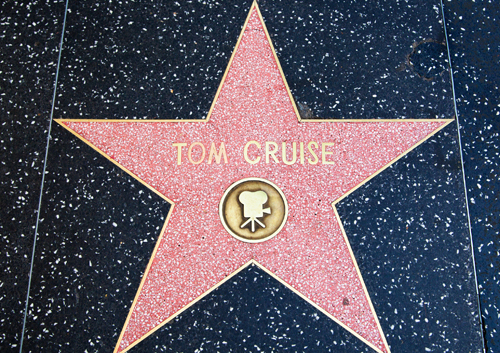When should my child be seen for an orthodontic evaluation?
May 1st, 2024

Thanks for asking! It really depends on the dental age of the patient rather than their chronological age. Usually a good time to have your child evaluated by an orthodontist is after the front permanent teeth have erupted into the mouth or if there appears to be extreme crowding of the teeth.
The American Association of Orthodontists recommends that children between the ages of seven and nine should be evaluated by an orthodontist. There are times when an early developmental treatment is indicated to correct situations before they become major problems. In these circumstances the patient will most likely benefit from a second phase of orthodontics when all of their permanent teeth have erupted.
Most full orthodontic treatment begins between ages nine and 14, and lasts from one to three years, with two years being the average. It’s important, however, that children be screened at an early age for Drs. Hutcheson, Train, Abie, Dyer and our staff to assess if your child can benefit from orthodontic treatment and when treatment should begin.
We hope this helps, and invite you to give us a call if you have any questions about your child’s treatment at Children's Dental Specialists.




